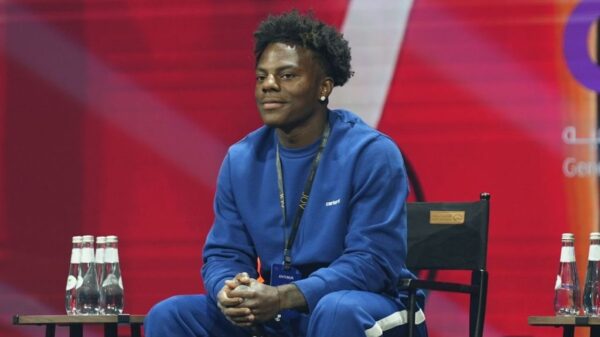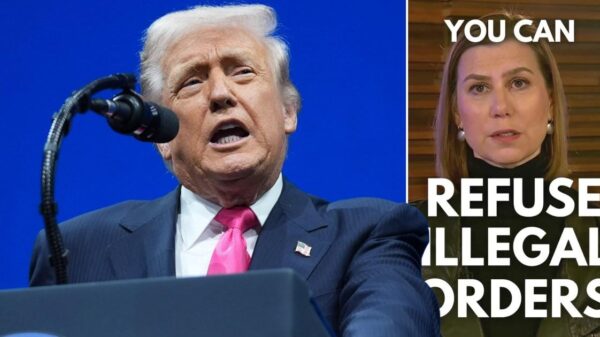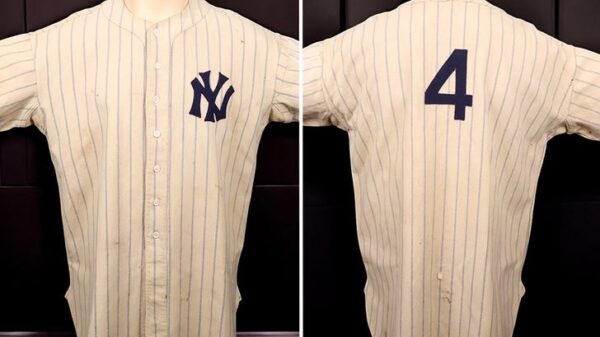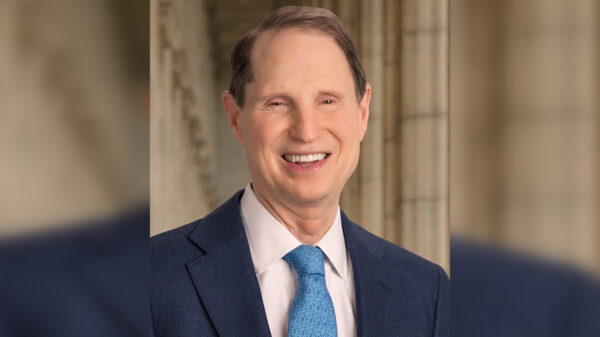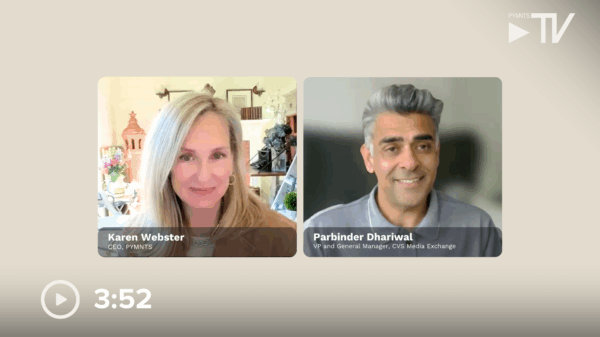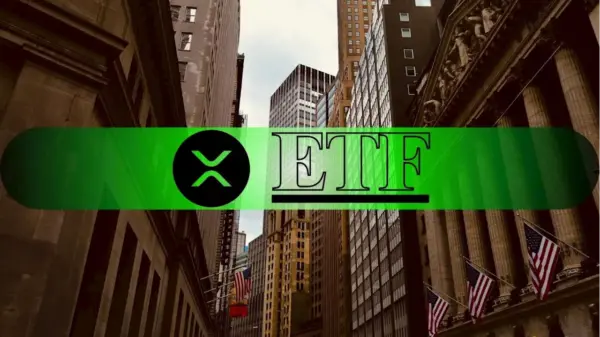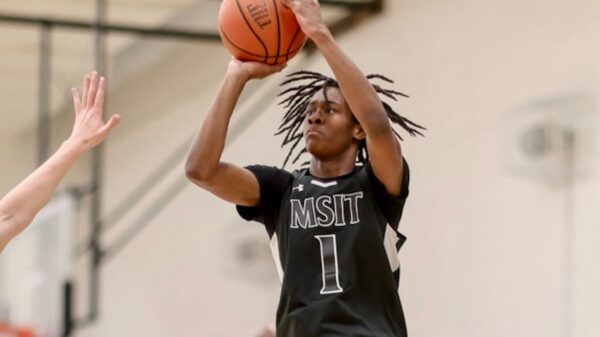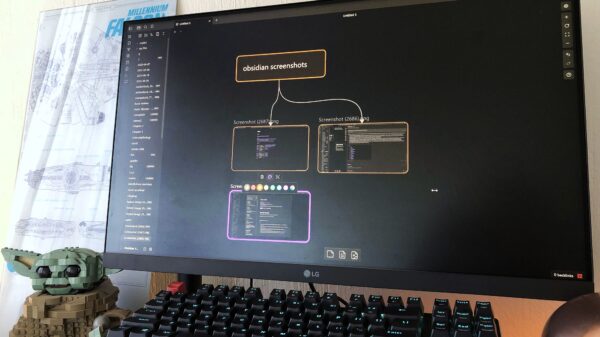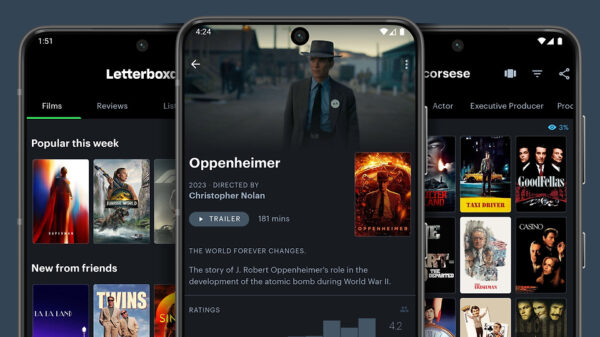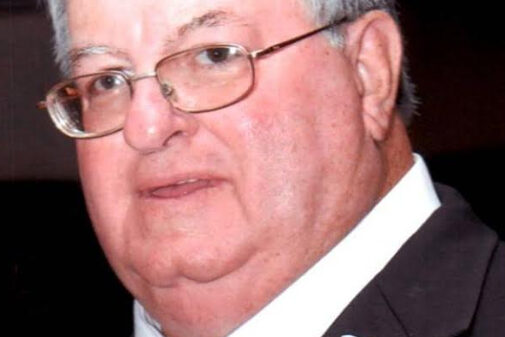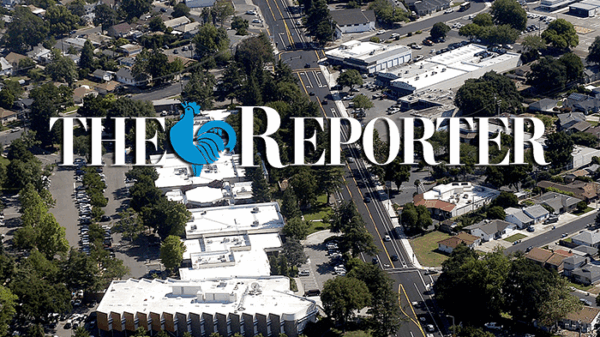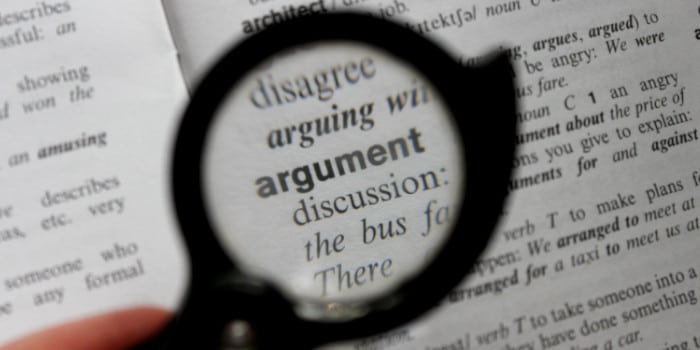UPDATE: In a critical meeting with the Nevada Gaming Commission on October 3, 2023, MGM Resorts International CEO Bill Hornbuckle has reiterated the urgent need for strict regulation of the burgeoning prediction market sector, demanding it be treated like regular sports betting. This comes amid significant shifts in the U.S. gambling landscape, as tech companies attempt to redefine sports trading.
Hornbuckle’s remarks come as FanDuel has relinquished its Nevada gaming license and DraftKings has stopped pursuing one, reflecting a deepening rift between traditional casino operators and digital-first companies. During the meeting, Hornbuckle praised Nevada regulators for their firm stance against companies trying to launch sports-event trading platforms, which he argues should be regulated under the same framework as existing sportsbooks.
The CEO stated, “These new trading products are simply sports betting in a different guise,” emphasizing that regulators’ recent guidelines provide essential clarity for licensed companies operating in the state. This is especially crucial as Nevada’s gaming regulators have warned that participation in these markets could jeopardize a company’s gaming license, regardless of oversight from the Commodity Futures Trading Commission.
This regulatory warning is particularly alarming for major casino operators who cannot afford to lose their licenses. Hornbuckle pointed out that the integrity of the gaming industry relies on compliance with state regulations. He noted, “Casinos must adhere to the rules set by the states that grant them licenses,” underscoring the risks involved for companies like MGM, Caesars, and PENN when considering entry into the prediction market space.
Meanwhile, FanDuel is looking to fill the gap left by its Nevada exit by partnering with CME Group to launch a new app that will allow users to bet on outcomes across major sports and financial benchmarks. This app aims to target customers in states where sports betting remains illegal, showcasing FanDuel’s strategy to capitalize on regulatory gaps.
As the division between traditional and tech-focused gambling companies grows, the implications for the industry are profound. Hornbuckle’s call for unified regulation could shape the future of sports betting in Nevada and beyond, influencing how companies approach the complex landscape of gaming laws.
As this situation develops, industry stakeholders will be closely monitoring the actions of Nevada regulators and the responses from major gambling firms in the U.S. The ongoing debate over how to regulate emerging sports trading platforms is set to escalate, with Hornbuckle’s statements likely sparking further discussions among gaming executives and policymakers alike.
Stay tuned for more updates as this story unfolds and the implications for the gambling industry become clearer.

